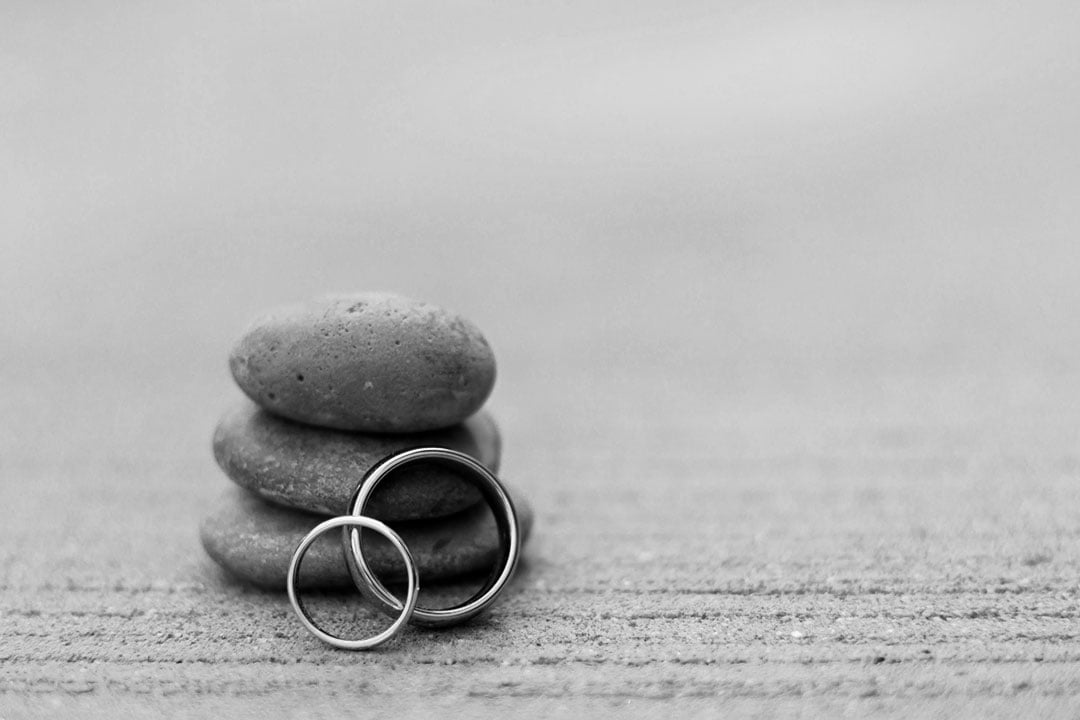“Purity of heart is to will one thing”. – Soren Kierkegaard
Christians are promised people. Some of the earliest biblical stories tell of God calling Israel to follow him alone. This was not an act of fiat, but an invitation. “You will be my people, and I will be your God” (Gen 6:7) is a promise but moreso, a pledge. Israel would have to be bound to this particular god. They’d need to choose this one thing.
Login to read more
Sign in or create a free account to access Subscriber-only content.
Topics:
